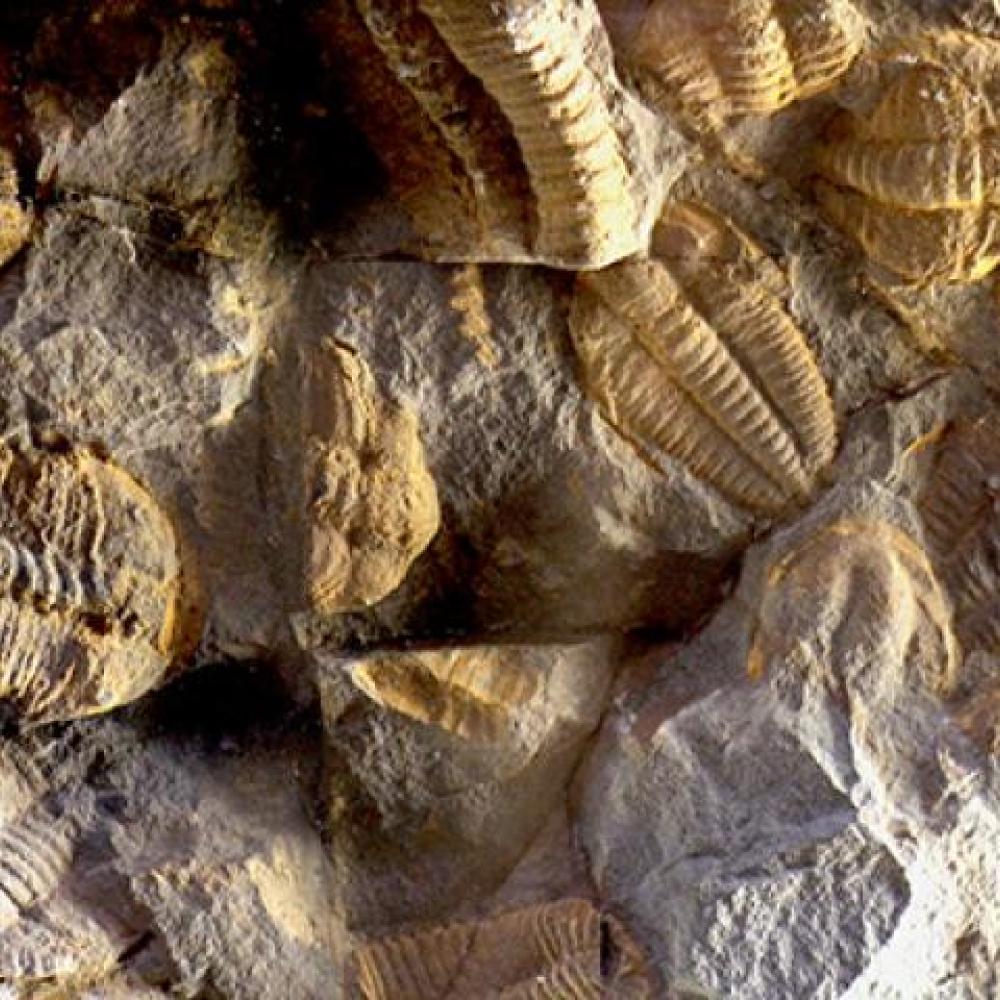Major and minor
As residents of the planet Earth, it is important to document the natural processes that have created and shaped Earth’s present-day landscape, as well as speculate the future events that will mold our planet and its biosphere. Geology involves the origin of continents and ocean basins, earthquakes and volcanoes, variations in global climate, and how these physical changes impact the evolution of life. Students who study geology can apply their knowledge in a variety of geoscientific disciplines: river restoration, volcanic eruptions, earthquakes, and climate change. Geology students are able to shape and connect to the ever-changing Earth without boundaries: they are able to apply their knowledge to design earthquake detection technology, discuss climate change solutions, and apply their scientific and environmental knowledge to any organization.
Real World Outcomes
Recently in California, the largest employers of geologists have been environmental and geotechnical consulting firms, with oil companies, research laboratories and government agencies also providing opportunities. There is a growing need for earth science teachers at all pre-college levels, and colleges and universities hire qualified applicants for teaching and research. In a 2020 survey of best colleges for earning potential, our geology graduates ranked No. 8 nationwide for median early-career salary. Internships are strongly encouraged for undergraduates and are a means of exploring potential career opportunities that can lead to positions after graduation.
Requirements
After completing initial sequences of courses in mathematics, chemistry, physics, statistics and geology, you may choose to pursue an A.B. or B.S. program. The A.B. program allows you greater flexibility to take courses outside of the major, and the B.S. program provides more in-depth study of advanced geology topics.

